Nowadays, it is necessary to have an
Internet connection. The ubiquity of online and mobile devices increasing
exponentially around the globe, in turn, also introduces additional hassle when
it comes to managing a home network. With Wi-Fi, users can virtually share a
single Internet connection in their household without the need of messy wires.
However, the signal range may not reliably cover the entire home. The
limitation of wired and wireless connectivity affects many, but there is a
third solution. This month, we will be putting the TP-Link TL- PA6010 to the
test.
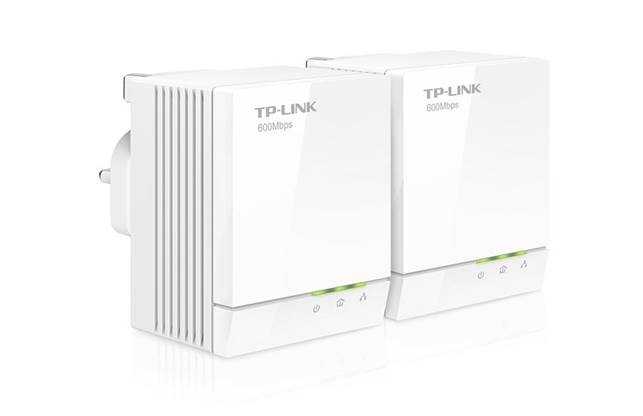
TP-Link
TL-PA6010 delivers an alternative, yet reliable Internet connection
By design, the TL-PA6010 kit arrives as a
pair of AV600 Gigabit powerline adapters. The adapters work as a bridge between
each other, allowing users to transmit data from the router and into the
building's electrical circuitry. This eliminates the need for excessive
Ethernet cables running around the house. While useful, each adapter will need
to take up a wall socket on its own to function effectively, and using a multi-plug
or power strip reduces their overall effectiveness. This is mainly because most
multi-plugs and power strips have surge protectors, which does reduce the adapter's
capabilities.
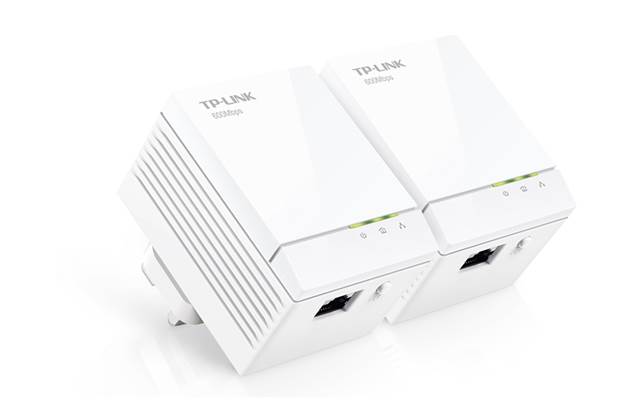
Underneath
the device is a lone Gigabit Ethernet port and the all-important Pair button
Once users have plugged the TL-PA6010s into
the wall sockets and connected the devices to the router and the PC via an
Ethernet cable, they only need to press the Pair button on the device and
they're good to go. While the included resource CD does come with a Powerline
Manager software as an option, users can plug the devices and use it straight
away without much configuration.
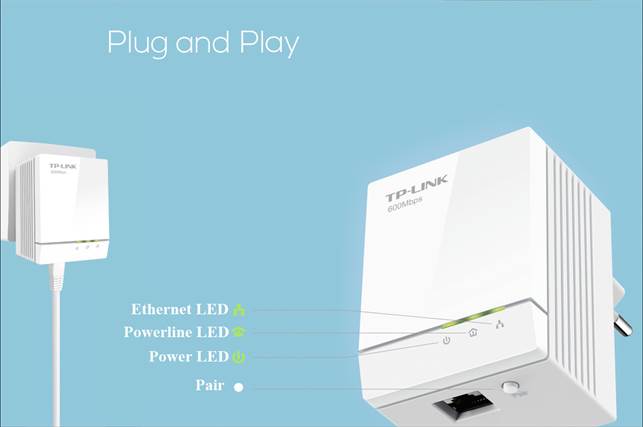
TP-Link
TL-PA6010 Details
However, the devices can also be used in
another way. Users can use the device to connect PCs to any device (such as
NAS, printers and game consoles) with an Ethernet port via the electrical
wiring. Furthermore, the TL-PA6010 can be paired with another unit, as well as
other TP-Link's powerline products, so long they are connected to the same
building's wiring. Bear in mind that the TL-PA6010 has a maximum range of 300
meters.
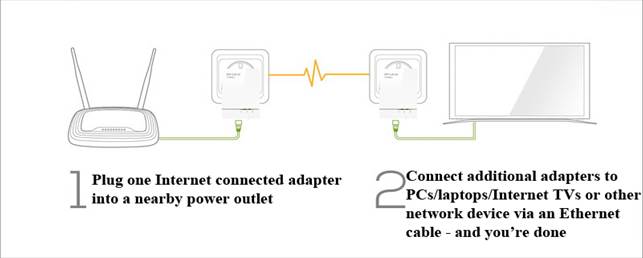
There
are two ways to use the TP-Link TL- PA6010
Each adapter comes with one Gigabit
Ethernet port and TP-Link boasts that the TL-PA6010 has a maximum data transfer
rate of 600Mbps. While it is only though a wired connection, we decided to
perform the 1GB and 4GB transfer tests over the electrical line.
The results were rather surprising to us as
we assumed that as increase in the distance between the pair of TL-PA6010 would
affect the connection by a significant amount. At five meters, it took three
minutes to transfer the 1GB file, and eight minutes and 24 seconds for the 4GB
file. However, at 10 meters, we recorded only an additional minute for both
tests, and an additional three minutes for the 20-meter test. While this won't
beat normal wired connects (for example, routers with a direct connection to a
PC), it is a good alternative if users do not want to employ Wi-Fi and do not
want a mess of Ethernet cables around the building.
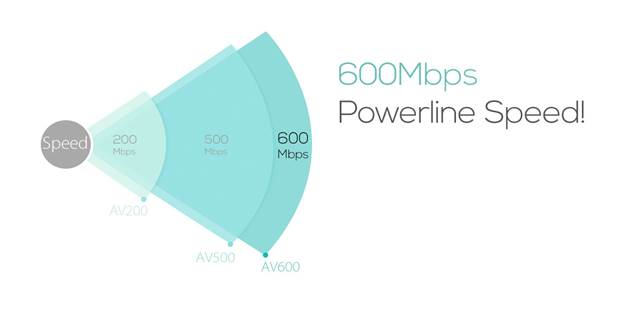
The
TL-PA6010 provides users with the fastest Powerline adapters available at
600Mbps
In conclusion, TP-Link's TL-PA6010 is a
reliable alternative for sharing Internet connectivity. We do like the fact it
is hassle-free and offers an extensive range, so it's easy to recommend it for
users who are looking for an alternative to Wi-Fi or Ethernet cables.
|
Specifications
·
Device type: Bridge ·
Antennas: None ·
Date Transfer Rate: 600Mbps ·
Network type: Wired ·
Network standard: HomePlug AV, IEEE802.3,
IEEE802.3u, IEEE802.3ab ·
Interface: 1x Gigabit Ethernet port ·
Range: 300 meters over electrical circuit ·
Powerline Security: 128-bit AES encryption ·
OS Compatibility: Windows 2000/XP/2003/Vista,
Windows 7/8, Mac, Linux ·
Dimensions: 63 mm (W) x 47 mm (D) x 40 mm (H)
|